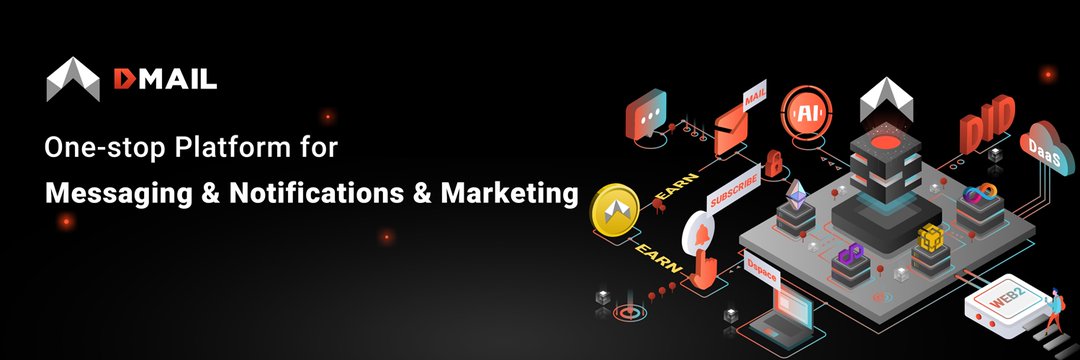Why Traditional Emails Are Failing at Privacy & How Dmail Fixes the Problem
 AKANENO AKPAN
AKANENO AKPAN
Introduction
Email security has become a significant issue as cybercriminals, advertisers, and even governments exploit vulnerabilities in traditional email services. Despite being widely used, mainstream email platforms often fail to protect user data, leaving personal and business communications exposed.
Dmail, a next-generation blockchain-based email service, is redefining email privacy and security. Here’s why traditional emails are failing at privacy and how Dmail provides a game-changing solution.
Why Traditional Emails Fail at Privacy
1. Centralized Control and Data Ownership
Most email services operate under centralized control, meaning all user data is stored on company-owned servers. This makes it easy for service providers to access, modify, or even sell user data to advertisers and third parties.
2. Weak Authentication and Spoofing Risks
Many email providers rely on outdated authentication methods, making email accounts vulnerable to hacking and impersonation. Cybercriminals often exploit weak authentication protocols to launch phishing attacks or steal login credentials.
3. Permanent Data Storage and Accessibility Risks
Traditional email services store emails indefinitely unless users delete them manually. This makes old emails easy targets for hackers, government surveillance, and unauthorized access in case of a security breach.
4. Vulnerability to Mass Data Breaches
Large-scale data breaches have exposed millions of email accounts in recent years. With centralized storage systems, once a provider’s servers are compromised, all user data becomes vulnerable.
How Dmail Fixes the Email Privacy Problem
1. User-Controlled, Decentralized Data Storage
Unlike centralized email providers, Dmail operates on a blockchain-based decentralized network. This ensures that no single entity controls or accesses user data, giving users full ownership of their emails.
2. Secure Identity Authentication and Verification
Dmail integrates advanced authentication mechanisms, making it nearly impossible for attackers to spoof email addresses or impersonate users. This significantly reduces phishing attempts and unauthorized access.
3. Temporary and Self-Destructing Emails
One of Dmail’s unique features is its self-destructing email option, which allows users to send messages that automatically disappear after a set period. This eliminates risks associated with permanent data storage.
4. Resistance to Hacking and Breaches
Dmail’s blockchain-based infrastructure distributes encrypted data across multiple secure nodes, preventing mass data breaches. Since there is no single point of failure, hacking an entire network becomes nearly impossible.
Conclusion
Traditional email services are failing to protect user privacy due to centralized control, weak security measures, and third-party data tracking. Dmail provides a secure, blockchain-powered solution that ensures email communications remain private, encrypted, and tamper-proof. As data privacy concerns continue to grow, switching to a secure platform like Dmail is the best way to safeguard sensitive information and maintain digital freedom.
Subscribe to my newsletter
Read articles from AKANENO AKPAN directly inside your inbox. Subscribe to the newsletter, and don't miss out.
Written by
